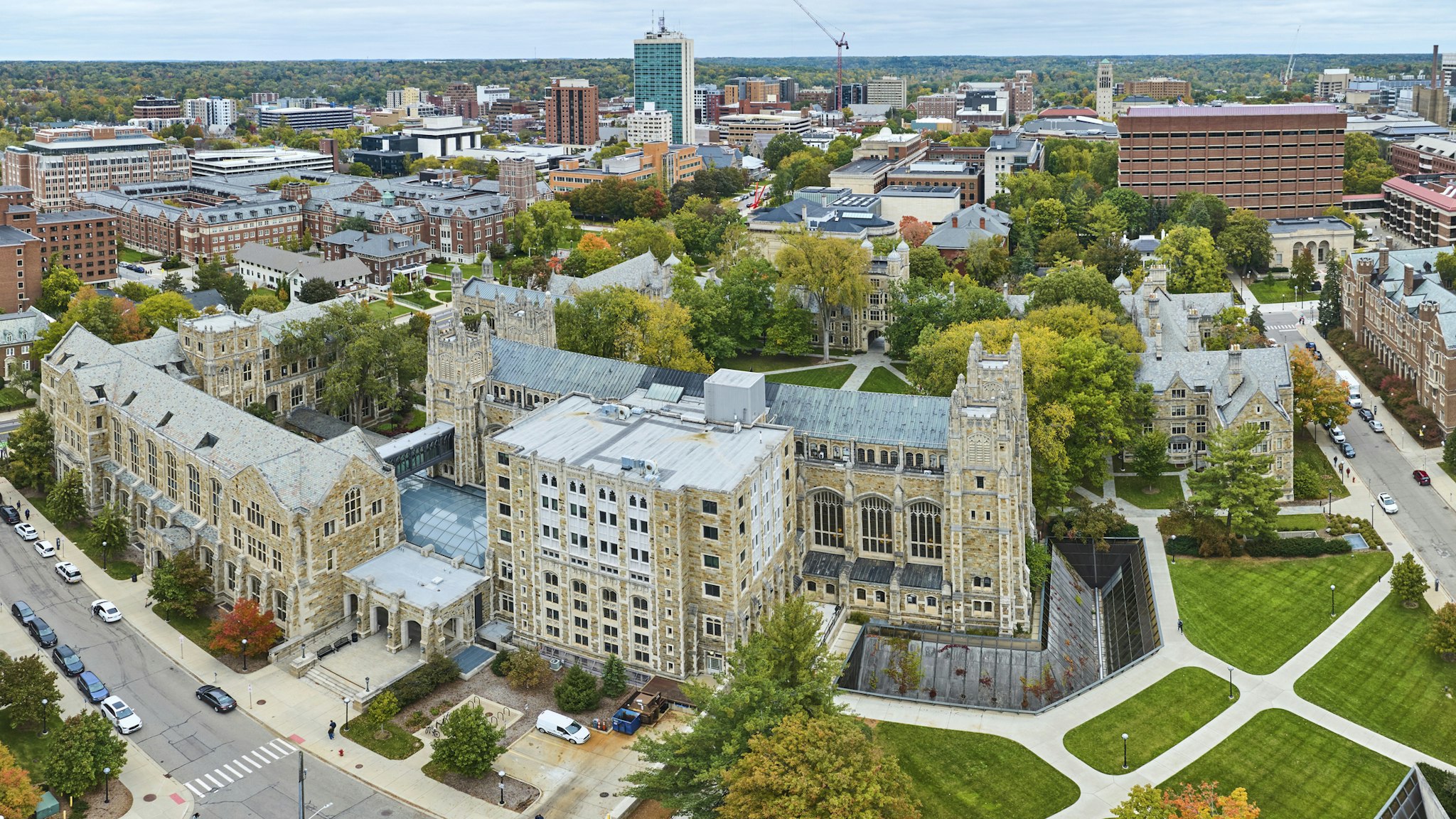The University of Michigan, which has worked with Shanghai Jiao Tong University in Communist China since 2005, suddenly announced it was ending the partnership.
Last October 31, Rep. John Moolenaar (R-MI), the chairman of the House Select Committee on the Strategic Competition Between the United States and the Chinese Communist Party, wrote a letter to University of Michigan President Santa J. Ono, warning him of the risks of a partnership with the Chinese university. His letter came in the wake of five Chinese nationals from the Joint Institute studying at the University of Michigan being charged with deliberately concealing their unauthorized visit to Camp Grayling in northern Michigan. Those nationals came from China to Michigan as students through the joint institute partnership.
“Shanghai Jiao Tong plays a critical role in the Chinese Communist Party’s (CCP) military-civil fusion strategy,” Moolenaar wrote. “Through its extensive military-aligned departments and laboratories, advanced dual-use research programs, and large-scale operational training platforms, Shanghai Jiao Tong drives the PRC’s military modernization and intelligence capabilities. For example, the university is currently home to several national-level laboratories, including three defense-related laboratories. This military-academic integration enables Shanghai Jiao Tong to make significant contributions to the PRC’s most sensitive defense programs, including nuclear weapons, carrier rockets, satellites, nuclear submarines, and fighter jets.”
“Research performed at the Joint Institute advances the PRC’s defense and intelligence capabilities,” he added. “For example, Institute researchers have helped the PRC achieve advancements in defense technologies from propellant combustion modeling and solid rocket fuel research to anti-corrosion technology for military aircraft developed with People’s Liberation Army (PLA) researchers. They have worked on projects to improve CT imaging technology for detecting flaws in advanced military equipment, which appears to have leveraged Department of Defense- funded research from University of Michigan faculty.” […]
— Read More: www.dailywire.com
What Would You Do If Pharmacies Couldn’t Provide You With Crucial Medications or Antibiotics?
The medication supply chain from China and India is more fragile than ever since Covid. The US is not equipped to handle our pharmaceutical needs. We’ve already seen shortages with antibiotics and other medications in recent months and pharmaceutical challenges are becoming more frequent today.
Our partners at Jase Medical offer a simple solution for Americans to be prepared in case things go south. Their “Jase Case” gives Americans emergency antibiotics they can store away while their “Jase Daily” offers a wide array of prescription drugs to treat the ailments most common to Americans.
They do this through a process that embraces medical freedom. Their secure online form allows board-certified physicians to prescribe the needed drugs. They are then delivered directly to the customer from their pharmacy network. The physicians are available to answer treatment related questions.


